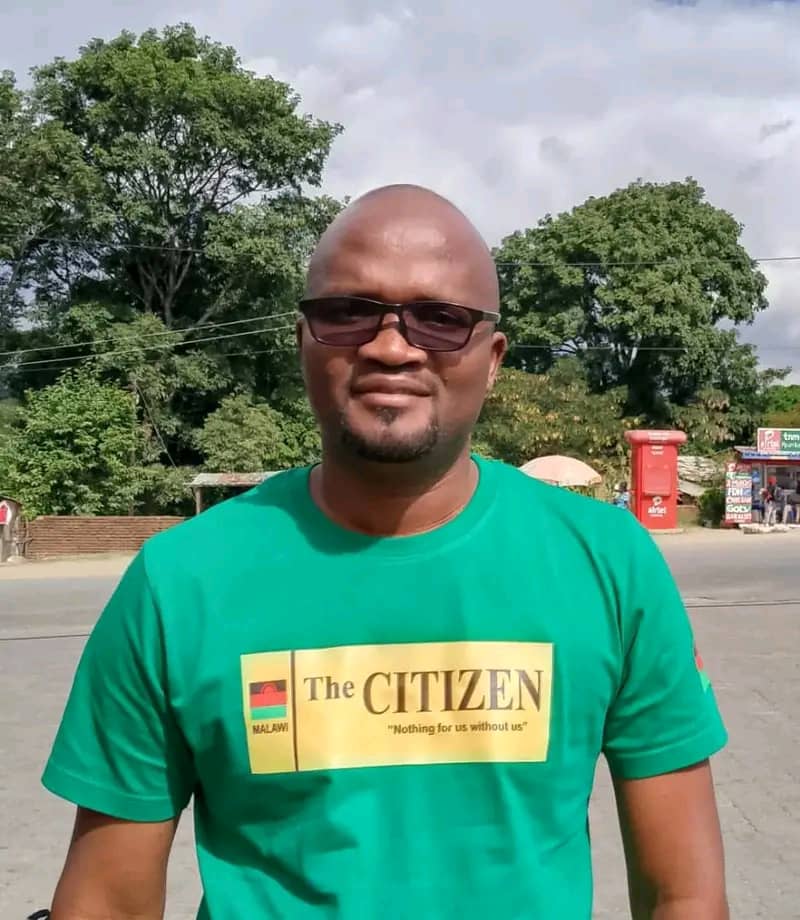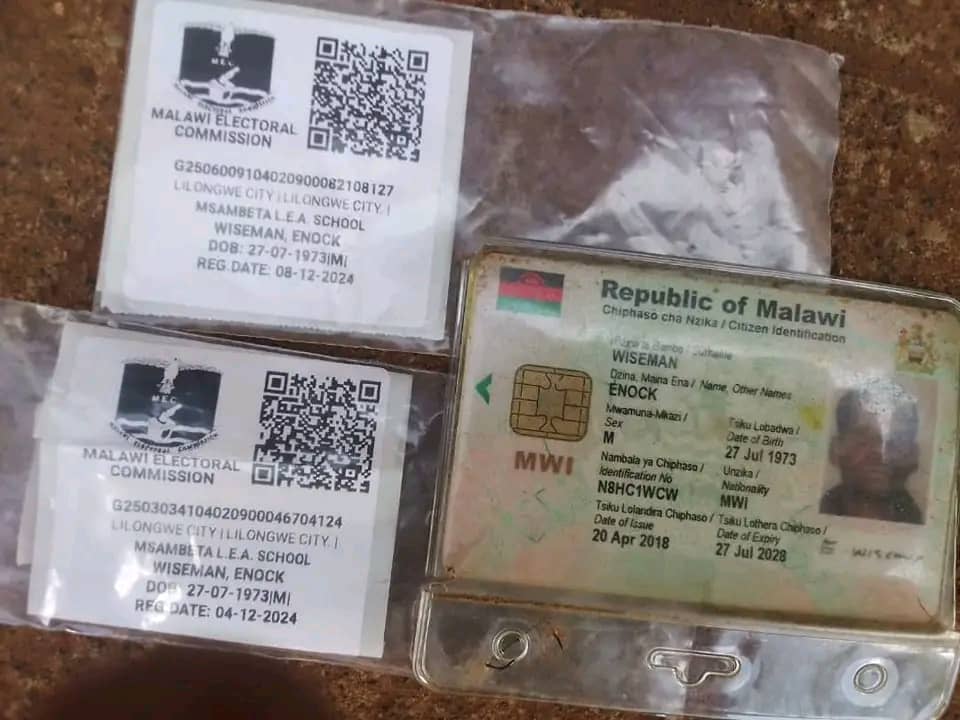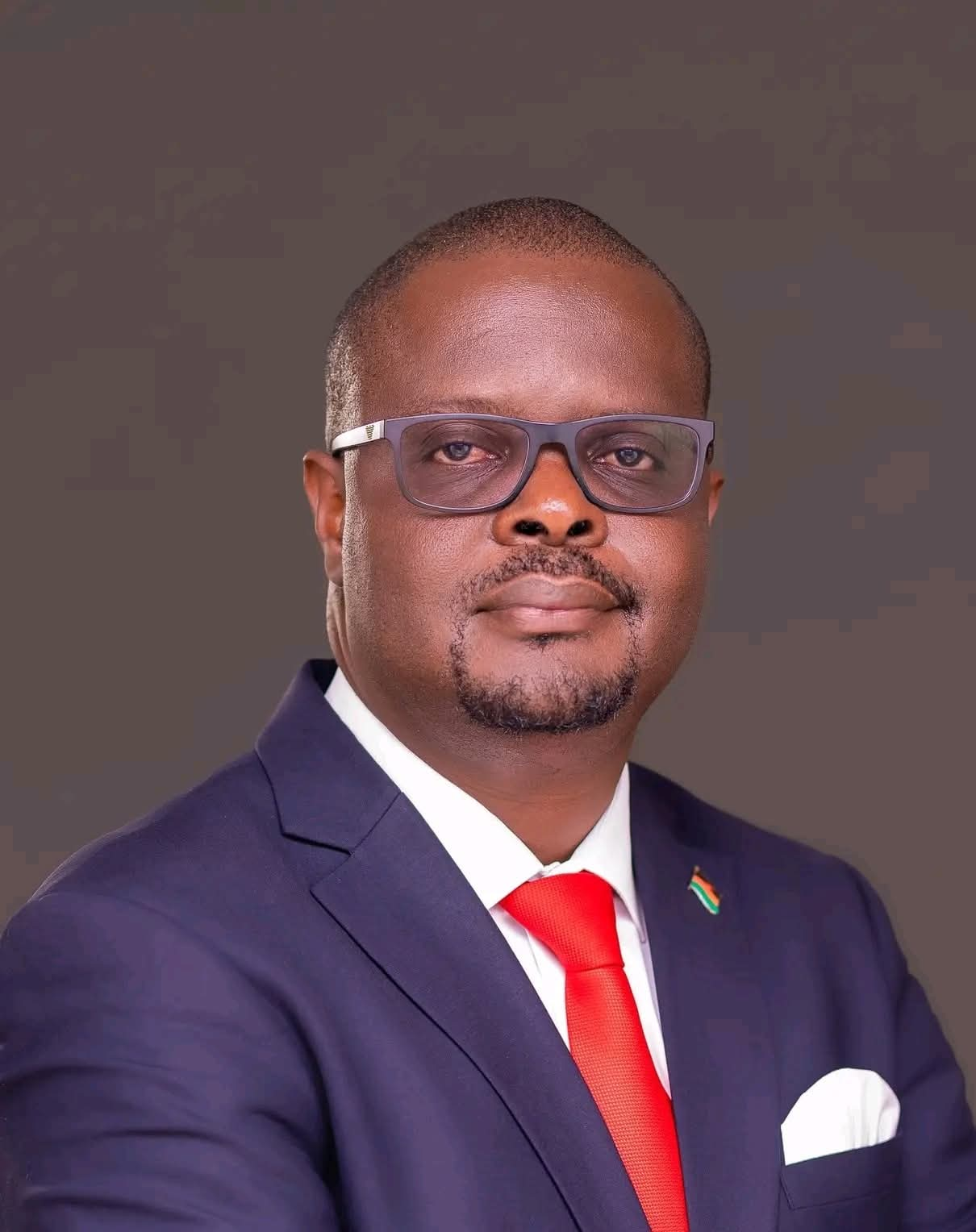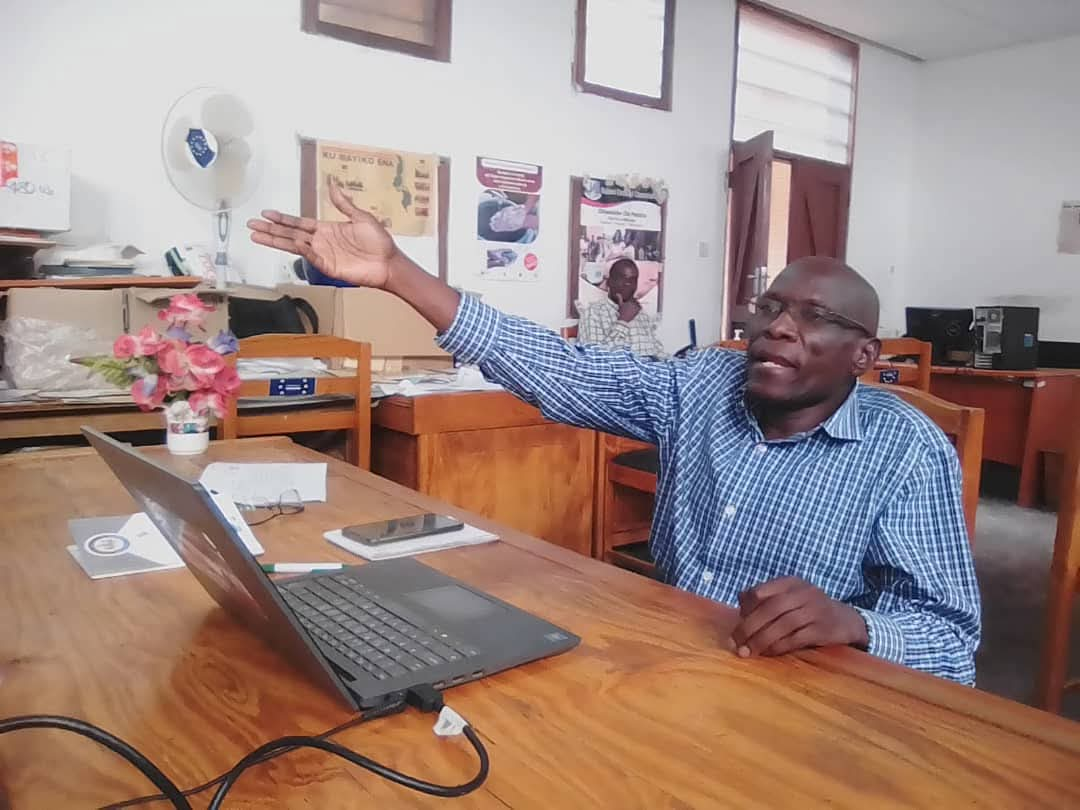By Burnett Munthali
Concerned citizens of Malawi, led by Edwards Kambanje, have expressed serious reservations regarding the findings of the Commission of Inquiry into the tragic plane crash of June 10, 2024. The crash claimed the lives of Vice President Dr. Saulos Klaus Chilima and eight others, leaving a profound impact on the nation. The group stated that their concerns arise from perceived shortcomings in the report’s transparency, objectivity, and accountability.
According to Kambanje, the report unfairly places blame on the late Vice President and his team for alleged procedural failures related to the aircraft used for the flight. He noted that it is troubling to see blame being directed at individuals who can no longer defend themselves, while other key figures, including President Lazarus Chakwera, appear to be shielded from scrutiny. The concerned citizens urged the Commission to apply accountability uniformly to all parties involved.
Kambanje further criticized the Commission’s reliance on testimonies from high-ranking government officials, including the President, without subjecting their statements to critical analysis. He argued that failing to explore inconsistencies or gaps in these testimonies undermines the credibility of the findings. The public, he emphasized, deserves a transparent investigation that challenges all narratives, including those from powerful figures.
The group also highlighted the absence of input from ordinary citizens in the inquiry. Kambanje questioned why testimonies from individuals not directly tied to the government were excluded, suggesting that this omission creates an impression that the report is more concerned with protecting influential individuals than uncovering the truth.
Another issue raised was the perceived bias in the report’s presentation. Kambanje pointed out that the Commission repeatedly emphasized actions by President Chakwera, such as convening Cabinet meetings and organizing dignified funerals, in a way that appeared to exonerate him. While these actions were part of the President’s responsibilities, Kambanje argued that such framing might detract from critical analysis of delayed search efforts and conflicting statements from officials.
The concerned citizens also expressed alarm over the report’s failure to address systemic issues within government institutions, particularly the Civil Aviation Authority and the Office of the President and Cabinet. They noted that these entities may have contributed to the circumstances leading to the tragedy, yet the report lacked rigorous examination of their roles.
Kambanje questioned the reliability of testimonies from public officers, who might face institutional constraints that limit their ability to provide candid accounts. He cited concerns over the heavy reliance on statements from figures such as Sikwese, whose insights, he argued, might lack independence.
In summary, the concerned citizens believe that the Commission’s report has fallen short of delivering the depth, transparency, and impartiality required to address this tragedy. Kambanje emphasized that by focusing on convenient scapegoats and neglecting critical questions, the report risks serving political interests rather than uncovering the truth.
The group called for a thorough and impartial review of the findings, urging the Commission to include a wider range of testimonies and ensure justice for the victims and their families. They concluded by stating that the people of Malawi deserve a transparent investigation that honors the memory of those lost and upholds the principles of justice.




